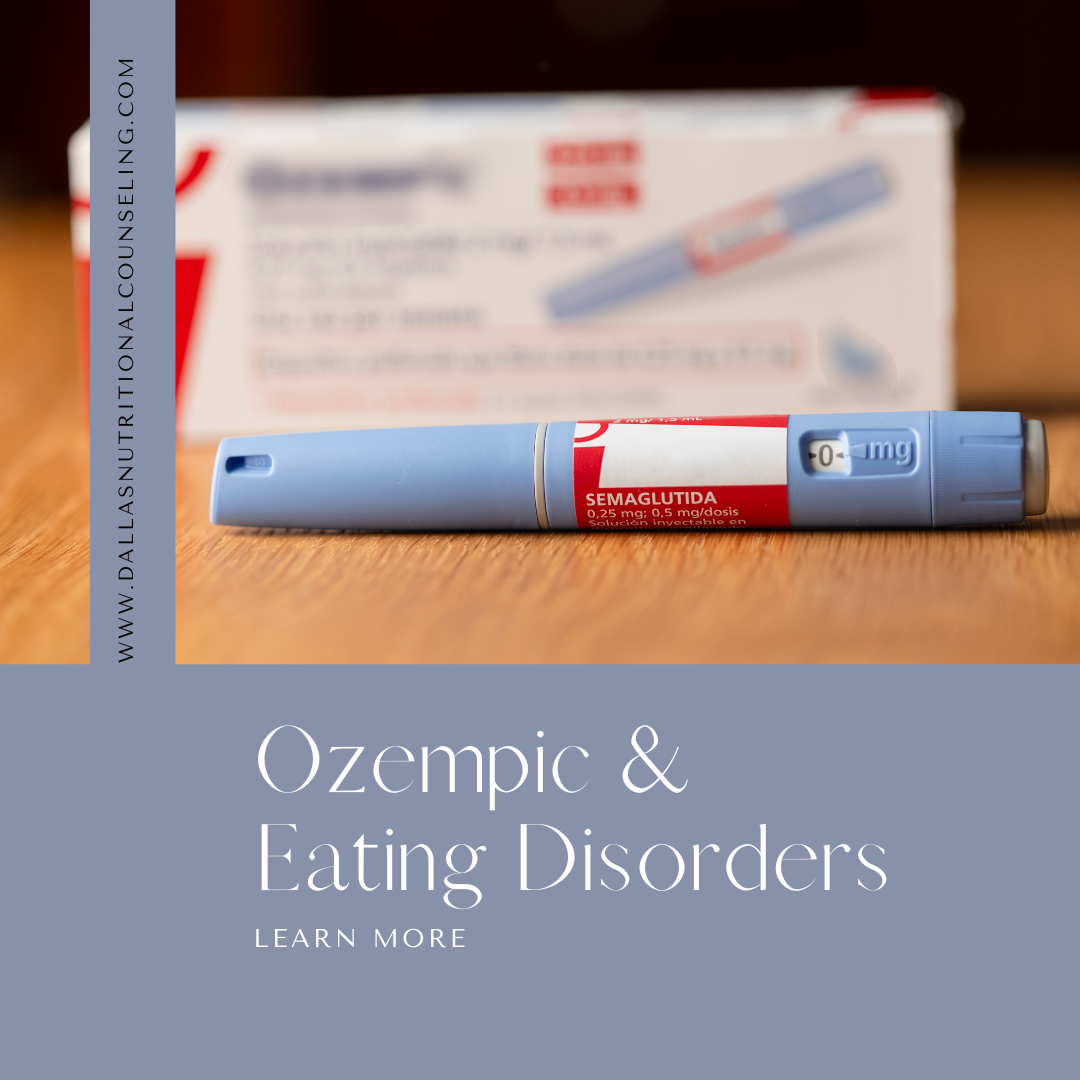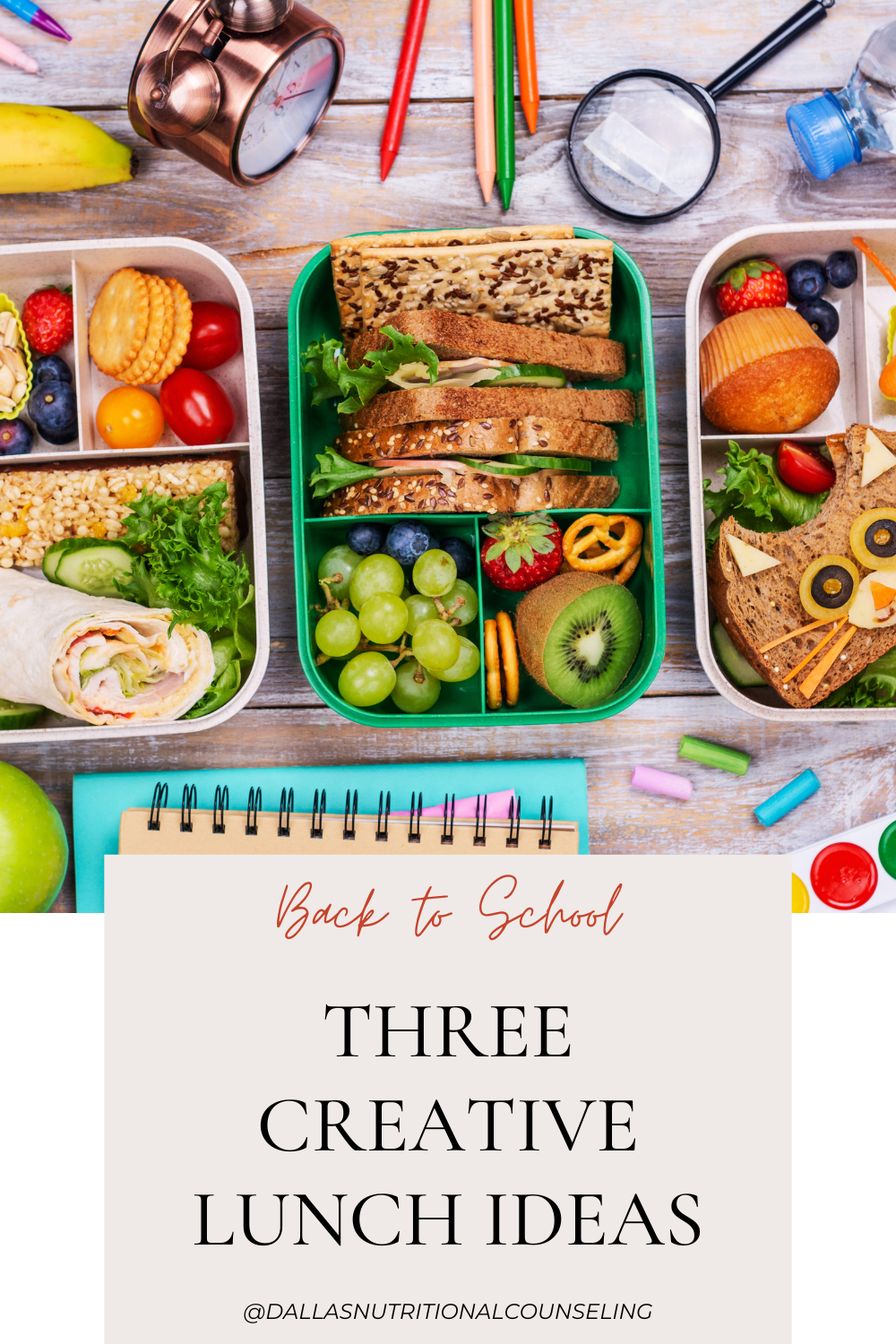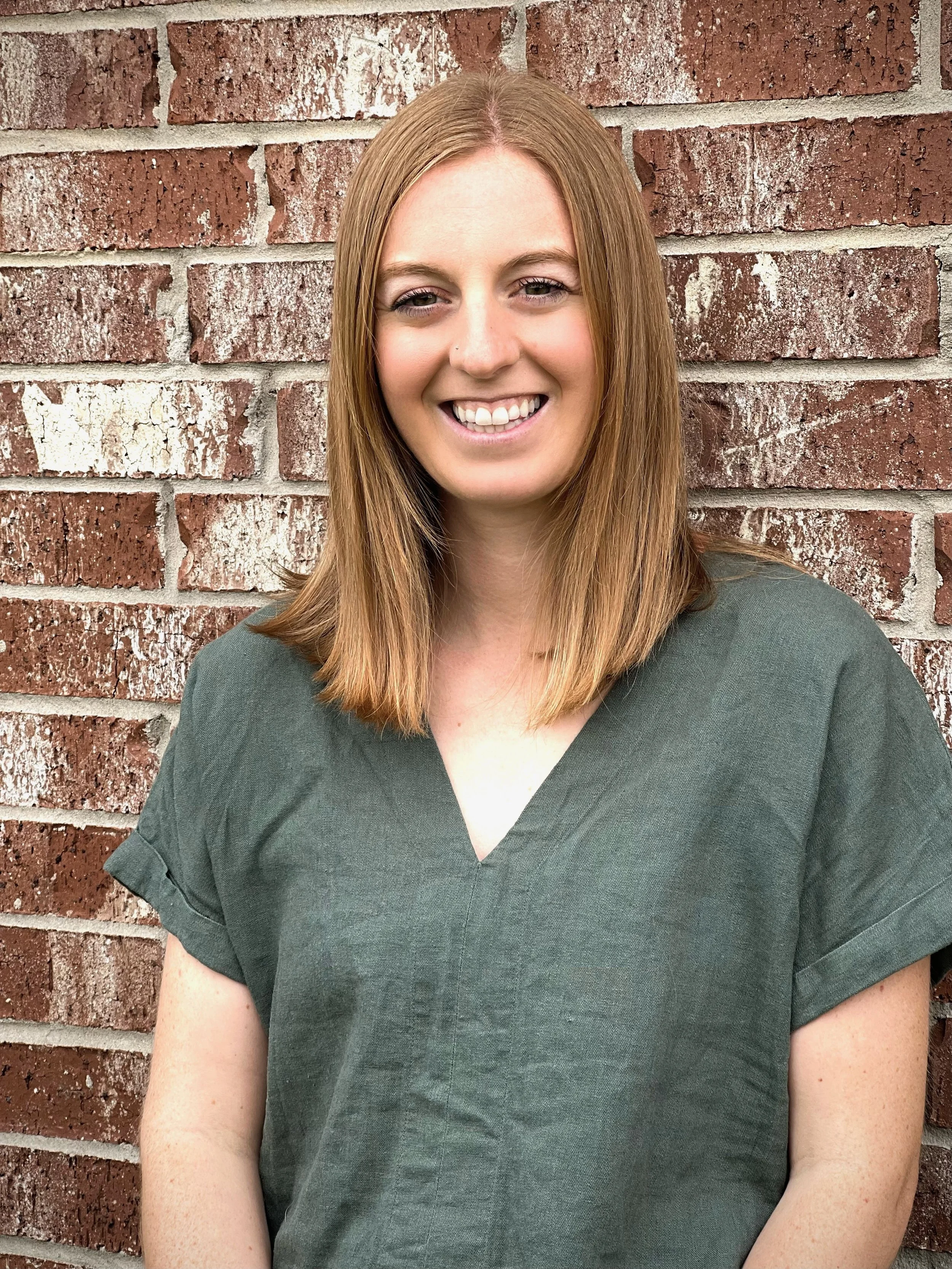To Eat Breakfast or to Not Eat Breakfast?
Oh, breakfast. The number of times we have heard this discussion are countless and I even recently heard something on The Today Show about whether you should or should not eat breakfast so I decided to dive into this one and give you my take.
Is Breakfast The Most Important Meal of The Day?
The short answer - yes.
The long answer - When an individual wakes from sleep the body's metabolism is naturally lower and slower than when an individual is up and about during the middle of the day. This obviously is due to the fact that our body's processes slow while sleeping allowing our body to rest and use less energy. So in order to get our metabolism up to speed upon waking we must provide it with fuel, i.e. food. By consuming a balanced breakfast you body's metabolism ignites and begins burning faster than if you did not consume breakfast. Most individual who consume breakfast also become hungry sooner than if they do not consume breakfast, which is proof that your body is using energy at a faster rate than if you did not consume breakfast.
If an individual skips breakfast, the body's metabolism remains lower and slower until that individual consumes food. This means that you are missing out on quite a bit of natural metabolic burn, meaning you will burn less calories than your body typically does in a day.
So What Should I Eat for Breakfast?
To get you started, here are 3 balanced breakfast's that help start your metabolism in the morning...
- 1 cup oatmeal - made with 1-2% milk, 1T nuts, & 1/4 cup dried fruit
- 1 cup yogurt, 1/2 cup granola, 1T nuts (if not already in the granola), 1 cup berries
- 2 slices of toast, 1T peanut butter, 1 cup milk, 1 piece of fruit
These are only 3 of the million different things you could eat for breakfast, if you are interested in learning more about your metabolism or balanced meals please visit my contact page or email me at caseyvoorhies@gmail.com.









It’s that time of year again when people start looking at their lives and thinking about what they want to improve. We’ve all heard someone say, “New year, new me.” Something about the start of a new year gives people hope of a fresh start. Year after year people make resolutions focused on physical changes such as cutting out sugar, losing weight, and exercising more. So why do only 8% of people stick to their resolutions?